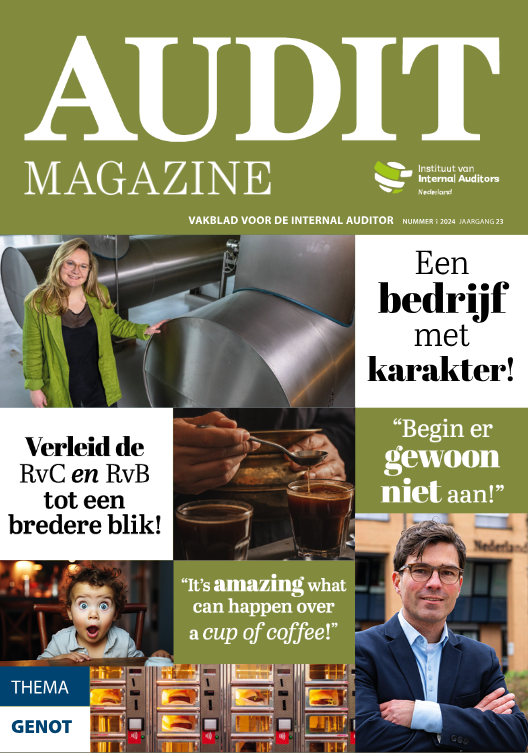14-11-2012
14-11-2012Audit committees in the public sector - a discussion paper | ||
| Noel Hepworth and Robert de Koning have recently written a paper on the topic of Audit Committees in the public sector. In this paper we explain the various efforts made by national governments inside and outside the European Union to create organisations that aim to help both management and the internal audit profession in making the public sector more economic, efficient and effective, so that they may contribute to the transparency of our civil administrations and hence to a more democratic society. Hepworth is the former chief executive of the Chartered Institute of Public Finance and Accountancy (UK) and presently is an expert adviser to SIGMA on financial management and control; de Koning recently retired from the European Commission DG Budget where he was team leader for PIFC issues. Their views expressed in this paper should not be construed as representative of any official policy. The authors analyse in detail the characteristics of many of these efforts and the conditions under which we think they could become successful in the long term. At the same time Hepworth and de Koning warn against going too hastily down the track of creating audit committees unless appropriate conditions exist and not the least of these is the availability of an independent membership coupled with a willingness of politicians, in particular, to listen to and accept advice that may inhibit them in the pursuit of their immediate objectives. Without that independent membership we feel that there is a real risk that ineffectual audit committees will result in the creation of an ‘illusion’ of an improvement in corporate governance when the reality is that the reform is purely cosmetic. As of yet there are no international public sector standards in the area of public sector Audit Committees. There is also very little or no literature available. To fill this gap and without expressing ourselves on the desirability of and the need for such standards, our aim is to start an open discussion on this issue. We are still in the process of finding a proper publication channel that could support such a discussion. However, since our article has already been circulating amongst several of our colleagues, we think it is time now to give it a wider distribution. We attach the article to this email, but should you find it useful to comment on it, whether supportively or critically, we invite you to visit the website www.pifc.eu where you will be able to leave a comment. The authors hope that this discussion paper will help policy makers in both the national and international administrations develop a better appreciation of the nature of public sector audit committees, the types that can be useful in different circumstances as well as the pros and cons of this reform and better understand and apply the criteria for making these bodies successful in the long term. Read the report |






